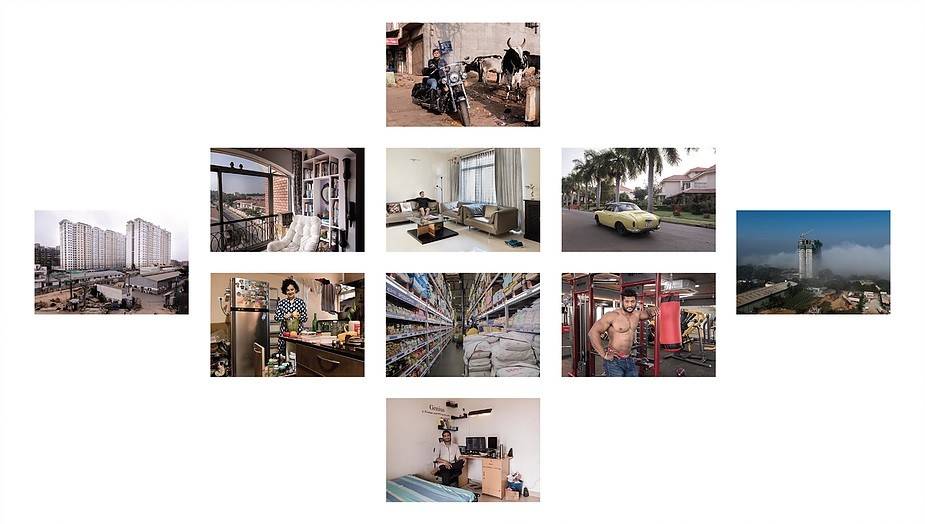
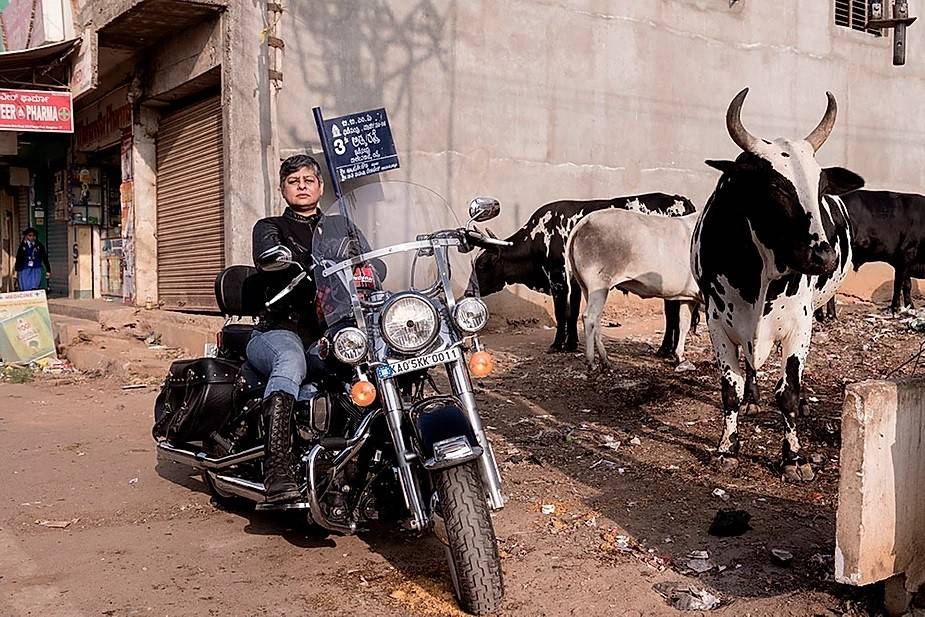
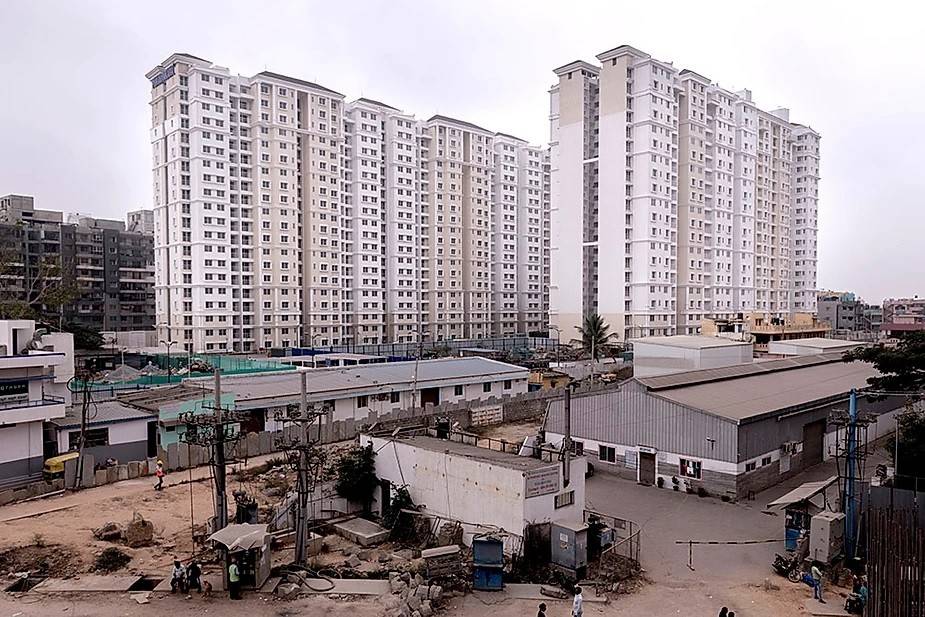



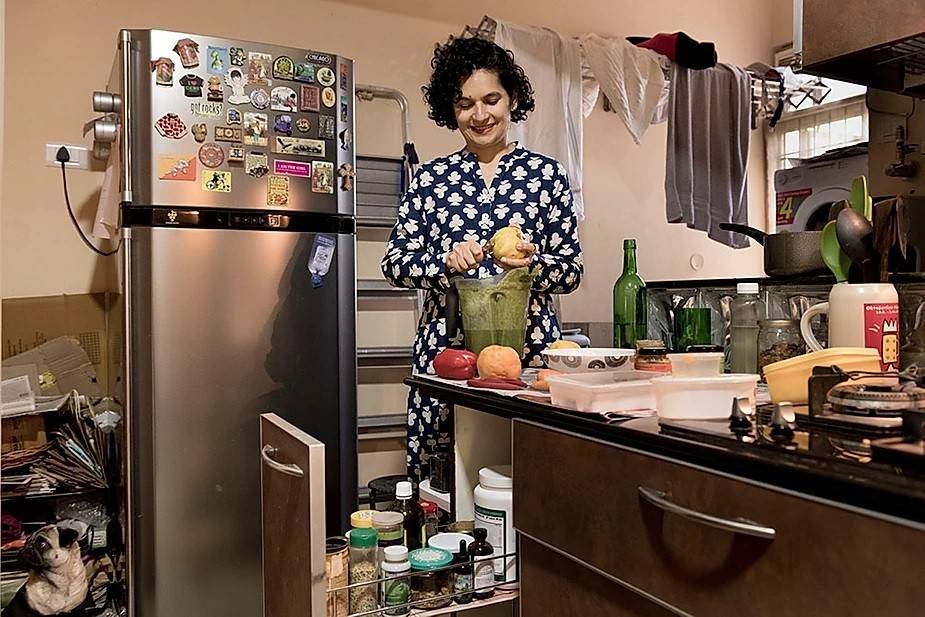


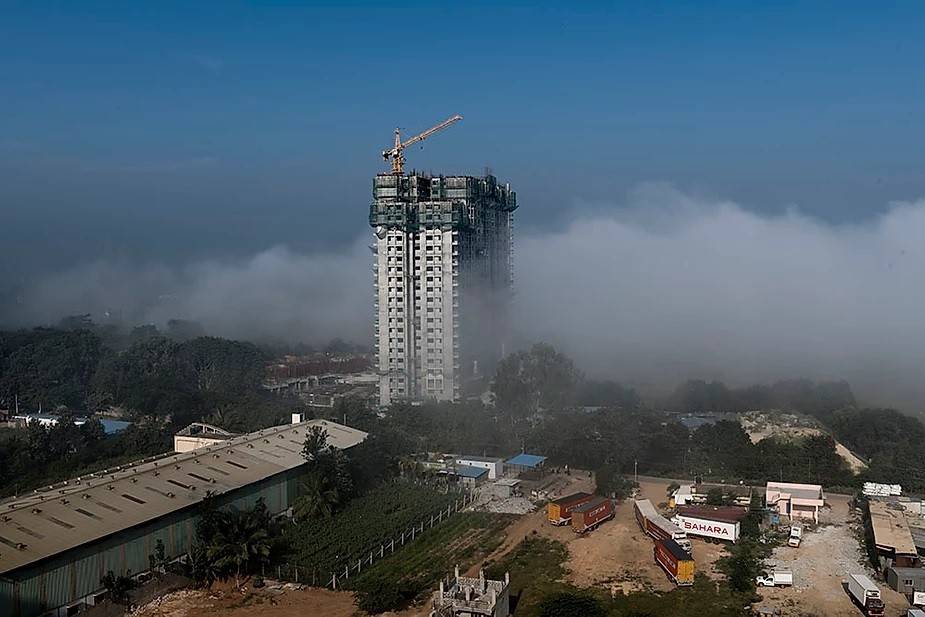
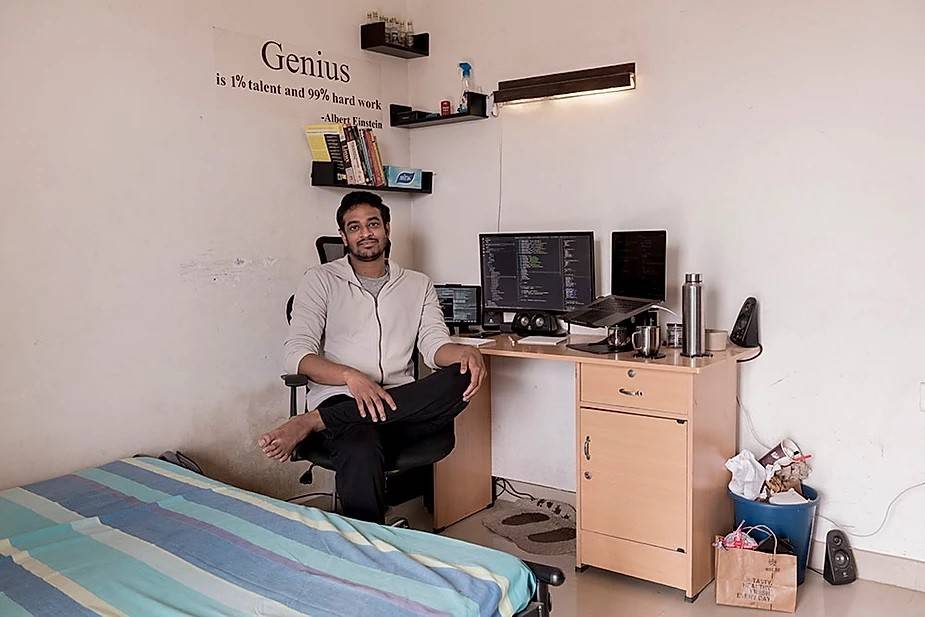












The term Shershabadi (original Shershabadia) has direct reference to the community’s place of origin, i.e., the former Jawar-e-Sarsabad, which comprised parts of Murshidabad, Malda in West Bengal, and Sahibganj district in Jharkhand.
Owing to various social, political, and environmental reasons, they migrated from their place of origin, and are now settled in Kishanganj and its neighbouring districts, in Bihar. Originally a community of settled agriculturists, they slowly dispersed along the river banks and tried to make a living through cultivation.
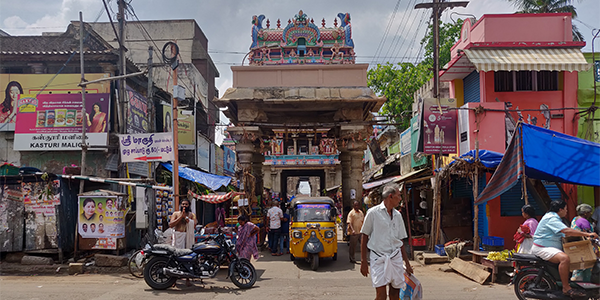
The photo story captures the neighbourhood which falls under the administration of Tiruchirappalli City Municipal Corporation and is navigating complex ecological, geographical, and governance problems.

Malihabad, tehsil and Nagar panchayat in Lucknow district, Uttar Pradesh is famous for its mangoes. The Malihabadi Dussehra, a variety of mango, got its Geographical Indicator [GI] tag in 2009[1]. Even though Mangoes are widely consumed across the subcontinent, a common narrative of all the mango cultivators of the region is: “Everybody loves mangoes, but no one wants to make the lives of mango farmers any better.”